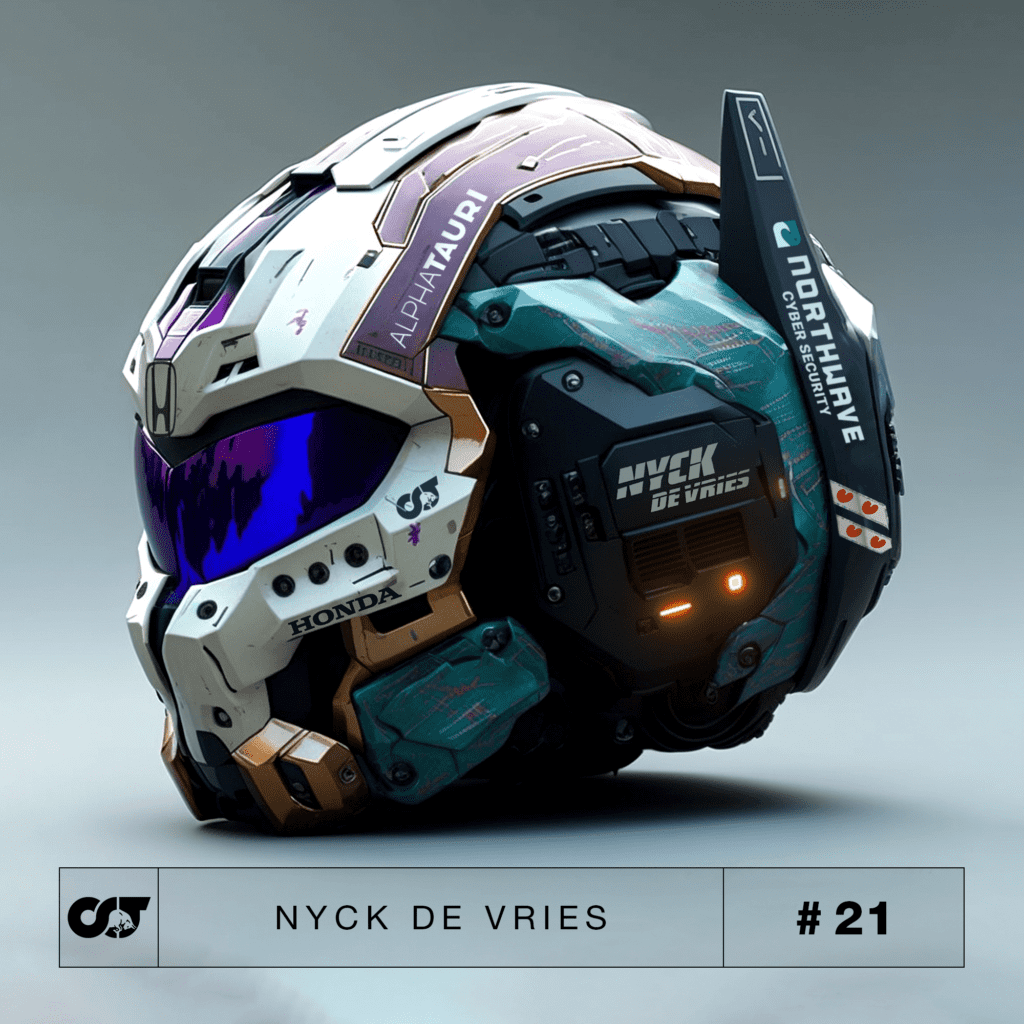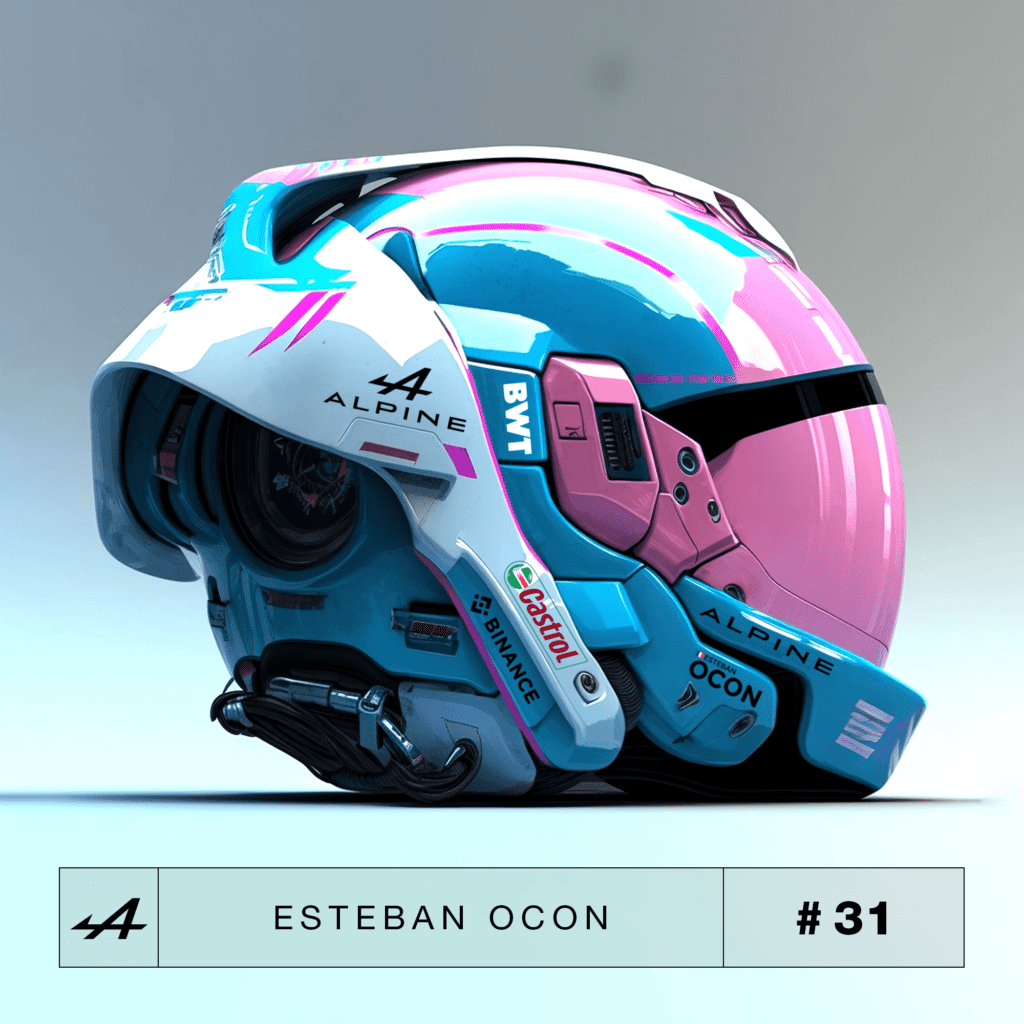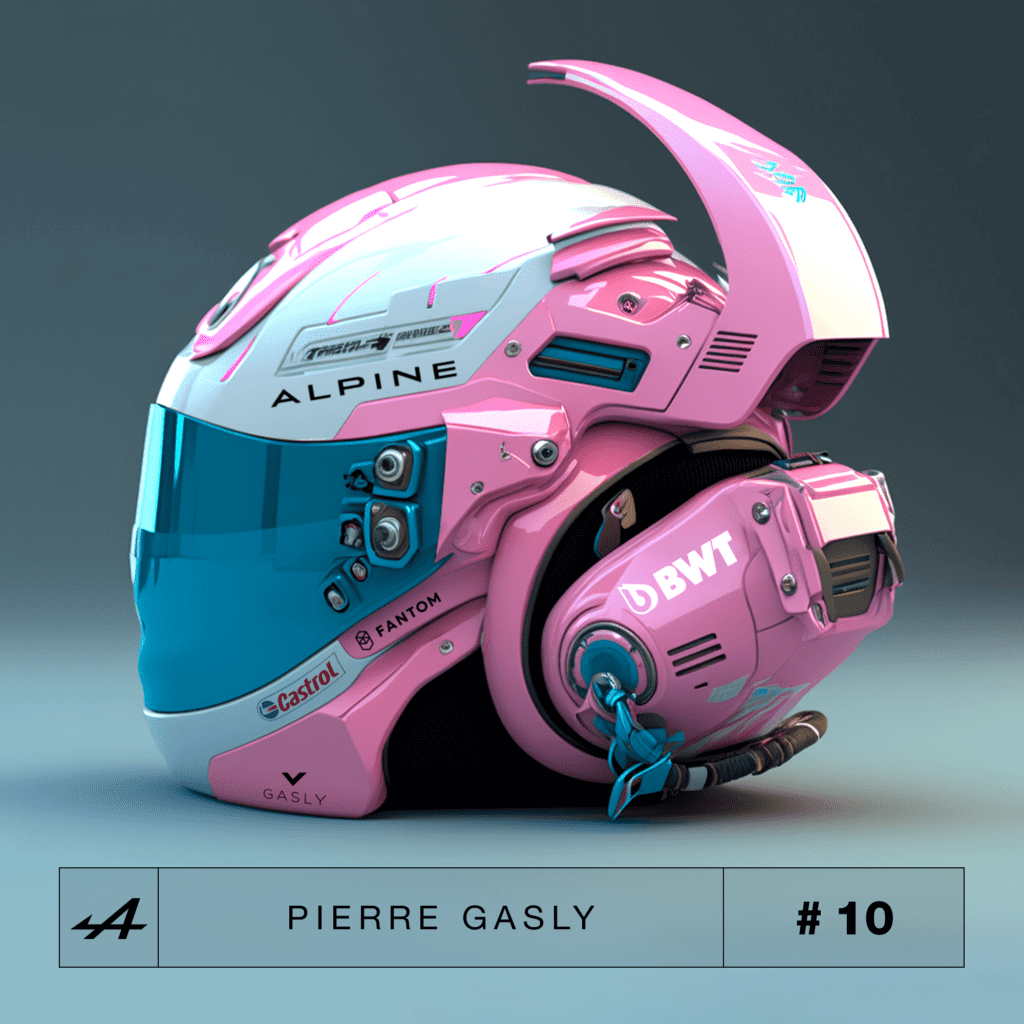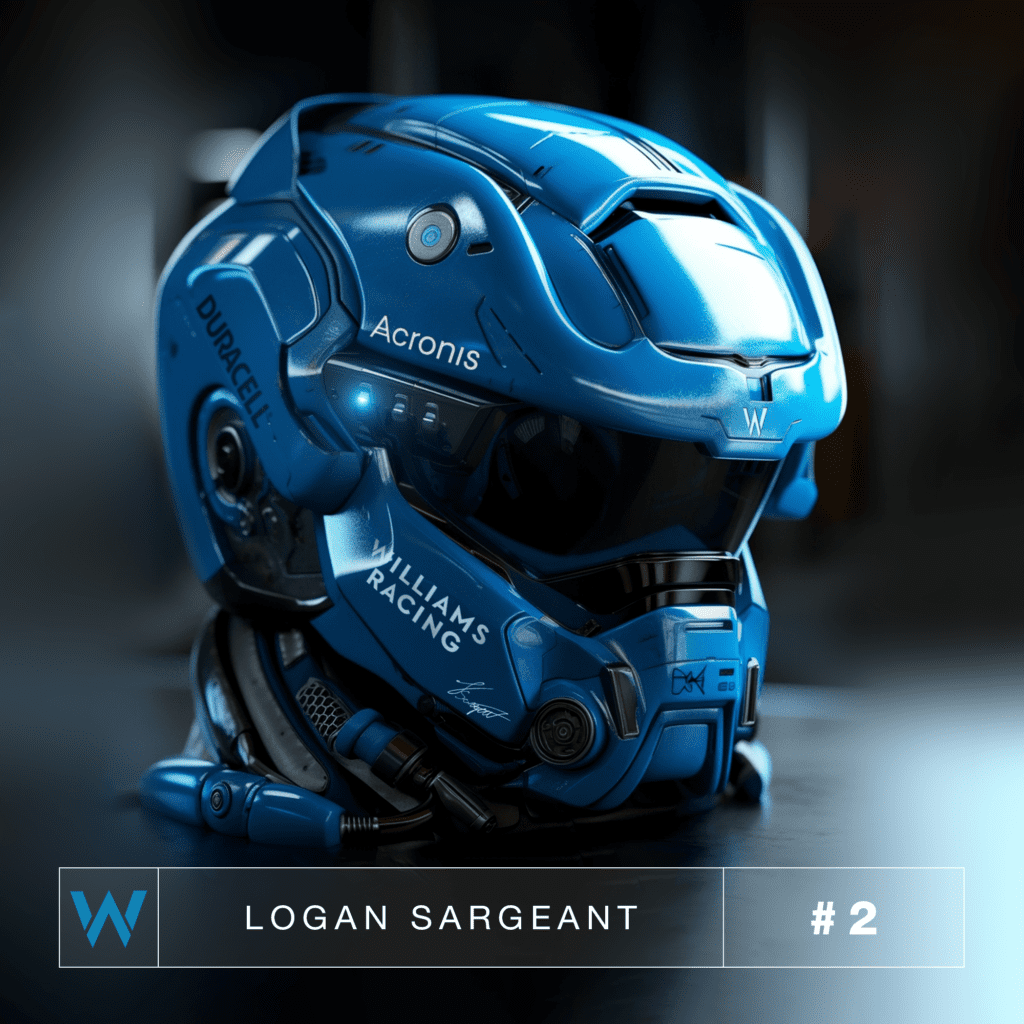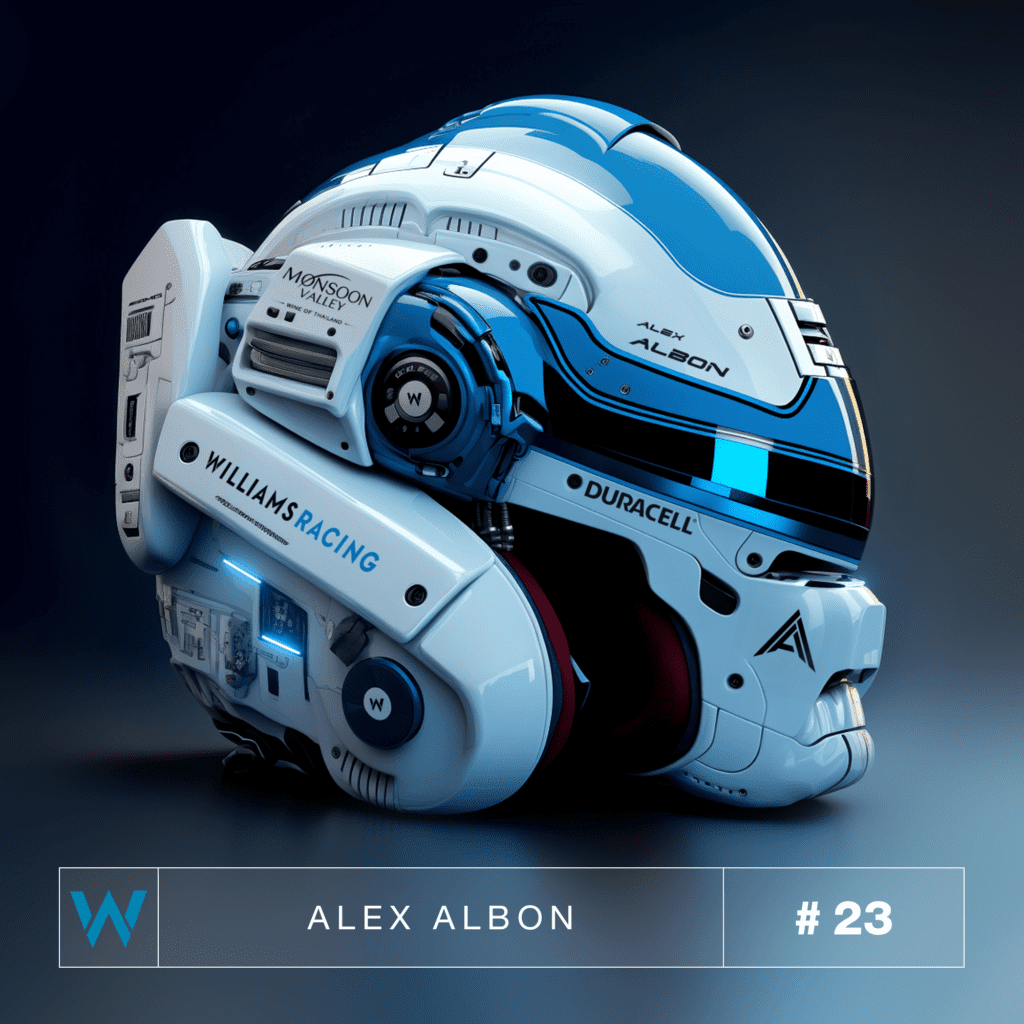Tokenizing Creativity: How NFTs are Revolutionizing the Entertainment Industry
Fast Facts:
- NFT adoption continues to surge, with sales reaching a staggering $10 billion in the first half of 2023.
- The music industry is embracing NFTs, enabling artists to directly monetize their work and engage with fans.
- The gaming sector is witnessing a revolution, as NFTs allow players to own and trade in-game assets.
- Environmental concerns surrounding NFTs are being addressed through the emergence of eco-friendly blockchain technologies.
- NFT marketplaces are becoming increasingly sophisticated, offering new features and services to enhance user experiences.
As the world enters an era of technological revolution, the landscape of non-fungible tokens (NFTs) continues to evolve at a rapid pace. These unique digital assets, represented on the blockchain, have captured the attention of artists, collectors, and investors alike. In this article, we delve into the future of NFTs, exploring the potential impact on various industries and highlighting key trends shaping their trajectory.
The Rise of NFTs in Art and Entertainment
NFTs have disrupted the art market, providing artists with new opportunities for direct sales and royalties. The advent of decentralized marketplaces has allowed creators to bypass traditional gatekeepers, fostering a more inclusive and democratic art ecosystem. For instance, renowned artist Emma Johnson, featured in the original article, sold a collection of her digital artwork as NFTs, earning substantial revenue and reaching a global audience of collectors.
“Non-fungible tokens have become the catalysts of a digital renaissance, empowering artists, gamers, and creators across industries. Their disruptive potential is reshaping traditional models and ushering in a new era of innovation and ownership.”
NFTs in Gaming and Beyond
The gaming industry is embracing NFTs, revolutionizing the concept of ownership within virtual worlds. Players can now buy, sell, and trade unique in-game assets, blurring the lines between the digital and physical realms. This innovation not only enhances the gaming experience but also opens up avenues for players to earn real-world value from their virtual achievements. The article cites the example of a popular multiplayer game where players can acquire NFT-based characters and items, creating a thriving secondary market.
Environmental Concerns and Sustainable Solutions
While NFTs offer exciting possibilities, concerns about their environmental impact have arisen due to the energy consumption associated with blockchain transactions. However, the industry is actively seeking solutions to mitigate these concerns. The development of eco-friendly blockchain technologies, such as proof-of-stake consensus algorithms, aims to minimize energy consumption and carbon footprint. Additionally, NFT marketplaces are implementing sustainability initiatives, including carbon offset programs and partnerships with renewable energy projects, to ensure a more eco-conscious future.





